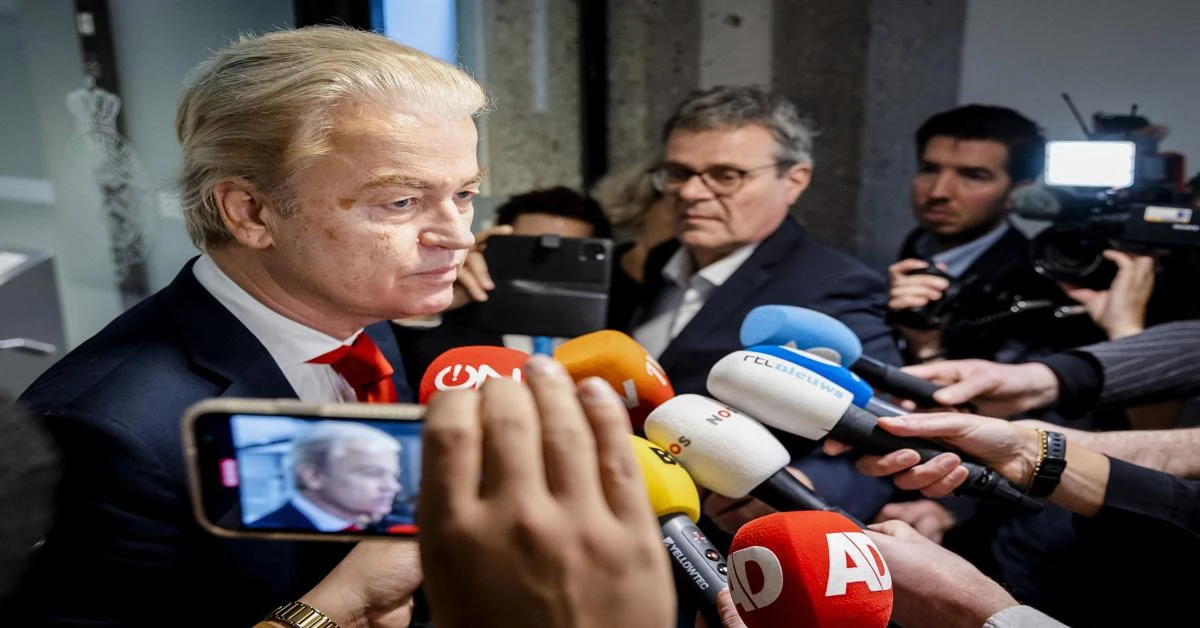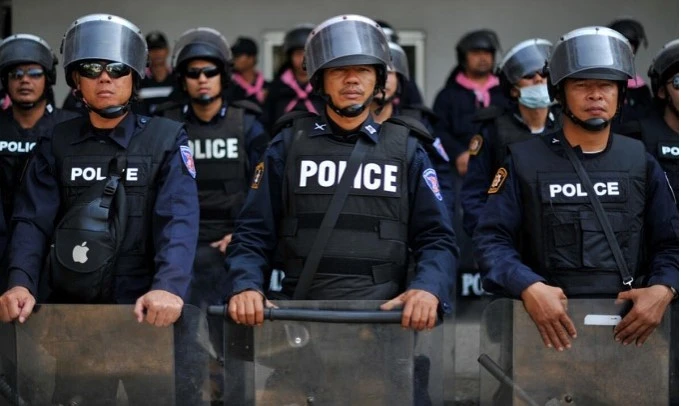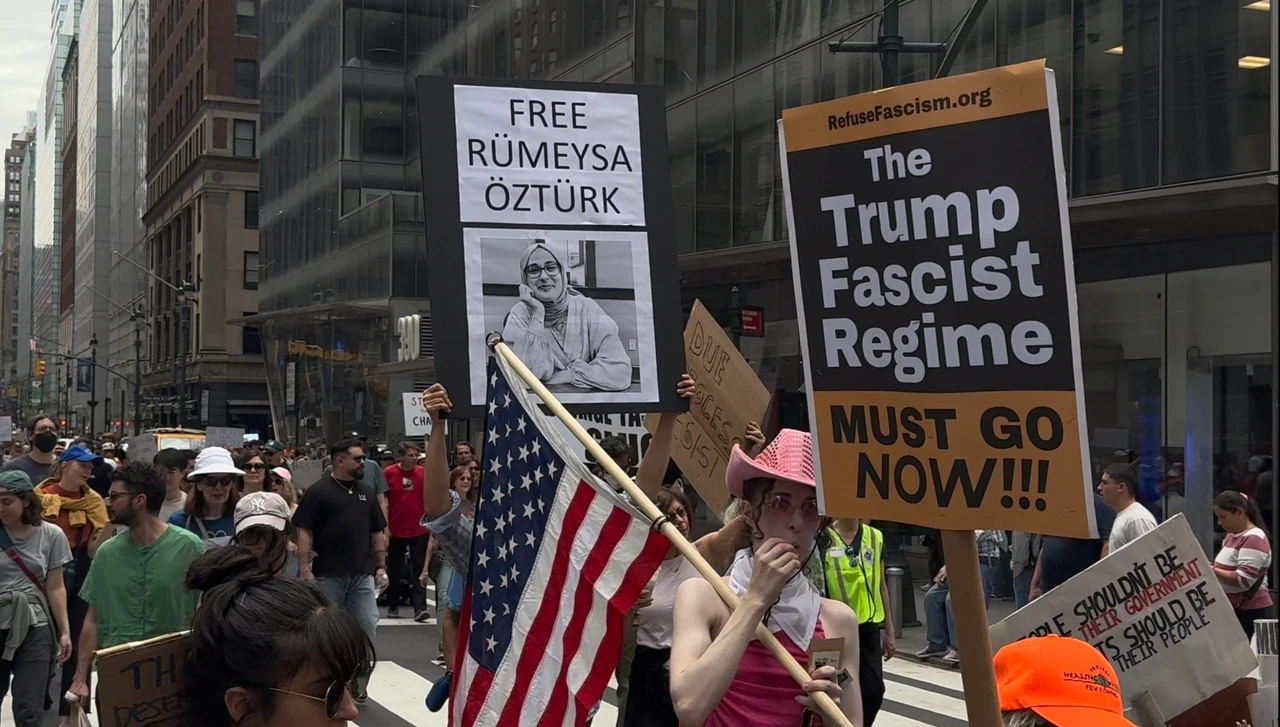Netherlands at political crossroads as Wilders struggles to secure coalition partners

The Dutch political landscape is marked by uncertainty as Wilders faces challenges in uniting diverse parties to form a government
The Netherlands is witnessing a pivotal moment in its political landscape as far-right leader Geert Wilders’ attempts to form a government hit a significant roadblock.
The stalemate in coalition talks, a fallout of Wilders’ impressive electoral victory in November, reflects deep divisions in Dutch politics.
Wilders, known for his anti-Islam and anti-European stance, has been grappling to forge a coalition, eyeing a partnership with center-right liberal VVD, the farmer’s protest party BBB, and the New Social Contract (NSC).
However, this prospect has been marred by controversies and policy clashes, further complicated by the NSC’s abrupt exit from discussions, as Agence France-Presse (AFP) reported. The departure, reportedly because of concerns over public finances, has left the mediator of the talks, Ronald Plasterk, in a challenging position.
Experts, including Rene Cuperus of the Clingendael Institute, are puzzled about the next steps.
The possibilities range from salvaging the current talks to considering a minority government or even an election re-run. The latter, however, seems less likely, given the growing support for Wilders and the upcoming European elections.
The deadlock has sparked concerns about the Netherlands’ international reputation and internal governance. While the nation prides itself on being well-organized, the current turmoil paints a different picture. Yet, as Cuperus notes, the Dutch bureaucracy remains stable, ensuring ongoing governance amid political uncertainty.
Source: Newsroom



